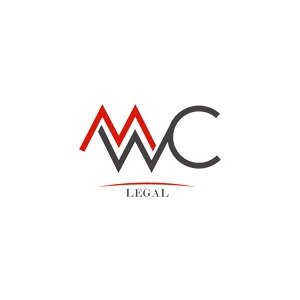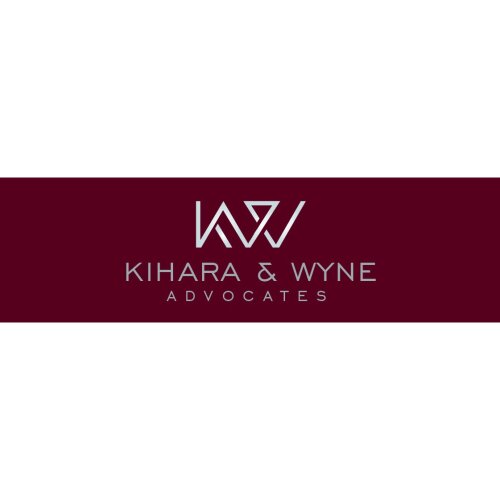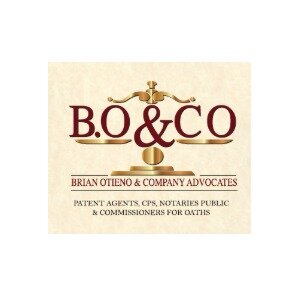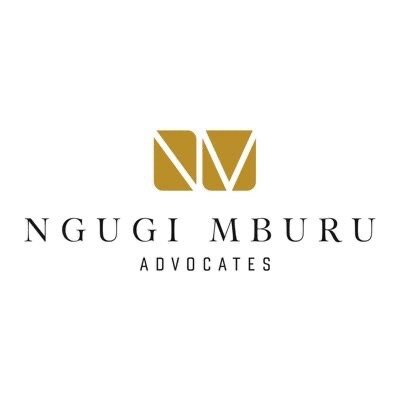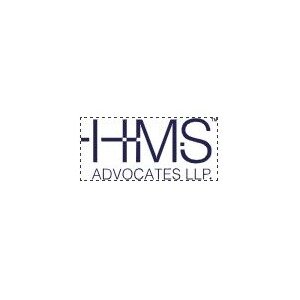Best FDA Law Lawyers in Nairobi
Share your needs with us, get contacted by law firms.
Free. Takes 2 min.
List of the best lawyers in Nairobi, Kenya
Legal guides written by Adroit Law LLP:
- Kenya Launches Digital Nomad Visa: A Gateway for Remote Workers
- Navigating the Payment System License Maze in Kenya
- Navigating the Complexities of Mining Licenses and Permits in Kenya: A Look into Artisanal and Large-Scale Operations
About FDA Law in Nairobi, Kenya
FDA Law in Nairobi, Kenya refers to the regulatory framework governing the safety, quality, and efficacy of food, drugs, medical devices, and cosmetics within the country. The Kenya Ministry of Health, through the Pharmacy and Poisons Board (PPB) and other agencies, regulates these products to ensure public health and safety. FDA Law encompasses licensing, marketing, distribution, labeling, clinical trials, adverse event reporting, and recalls of food and pharmaceutical products. Given Nairobi's status as Kenya's commercial and medical hub, compliance with these regulations is vital for businesses and professionals operating within the city and beyond.
Why You May Need a Lawyer
There are numerous scenarios where a lawyer specialized in FDA Law can provide vital assistance. Businesses importing or manufacturing pharmaceuticals, medical devices, or food products may require legal guidance to navigate licensing, registration, and product approvals. Startups in the health technology sector might need help complying with regulatory standards for new innovations. Organizations facing product recalls, compliance audits, or enforcement actions from regulatory bodies can benefit from legal representation. Even healthcare professionals and clinics may occasionally encounter FDA Law issues regarding importation of medical devices, complaint handling, or regulatory inspections. A lawyer ensures that your business or practice meets all legal requirements, minimizing risks and penalties.
Local Laws Overview
FDA Law in Nairobi is primarily shaped by national legislation such as the Pharmacy and Poisons Act (Cap 244), the Food, Drugs and Chemical Substances Act (Cap 254), and supporting regulations issued by the Pharmacy and Poisons Board. The Ministry of Health, through its various departments, enforces these laws. Key aspects include:
- Licensing and registration for pharmaceutical and food companies
- Importation and exportation controls for drugs, devices, and consumables
- Pre-market product evaluation and approval processes
- Clinical trial authorization and ethical oversight
- Labelling, packaging, and advertising regulations
- Quality assurance and periodic market surveillance
- Enforcement, including product seizure and recall procedures for non-compliance
- Adverse event reporting mechanisms
These laws are closely aligned with East African and international standards, but local nuances and enforcement priorities can differ.
Frequently Asked Questions
What authorities oversee FDA Law matters in Nairobi, Kenya?
The Pharmacy and Poisons Board is the main regulator for drugs and medical devices. The Kenya Bureau of Standards and the Department of Public Health play supporting roles for food safety and other regulated products.
Is product registration mandatory for all pharmaceuticals and medical devices?
Yes, product registration is necessary before any pharmaceutical or medical device can be marketed or distributed in Kenya.
Do food products also require registration?
Certain food products, especially those considered processed or fortified, must undergo registration with relevant authorities like the Kenya Bureau of Standards and/or the Ministry of Health.
What are the penalties for non-compliance with FDA regulations?
Penalties range from fines and product seizures to license suspension or cancellation. In severe cases, criminal prosecution is possible.
Are clinical trials regulated in Nairobi?
Yes, all clinical trials require approval from the Pharmacy and Poisons Board and must comply with ethical and scientific guidelines.
Do I need a local representative to register foreign products?
Foreign manufacturers must appoint a local agent or representative to handle registration applications and compliance matters.
What is the process for reporting adverse drug events?
Healthcare providers and consumers can report drug-related adverse events to the Pharmacy and Poisons Board through established reporting channels and forms.
Can traditional or herbal medicines be regulated under FDA Law?
Yes, the Pharmacy and Poisons Board regulates traditional and herbal medicines, requiring registration and quality assessment.
How long does product registration usually take?
The registration period varies depending on the product type and completeness of documentation, but it typically ranges from several months to over a year.
Can I appeal regulatory decisions unfavorable to my application?
There are formal appeal mechanisms for challenging adverse decisions by the authorities, and legal representation is recommended for these proceedings.
Additional Resources
If you need further information or support, consider the following resources:
- Pharmacy and Poisons Board of Kenya - For comprehensive guidance on drug and device regulation
- Kenya Bureau of Standards - For information on food product standards and certifications
- Kenya Medical Practitioners and Dentists Council - For regulations on healthcare practice and clinical trials
- Ministry of Health - For policy documents and regulatory updates
- Local legal aid societies and trade associations - For networking and advocacy support
Next Steps
If you believe your situation requires legal assistance regarding FDA Law in Nairobi, start by identifying a lawyer or law firm with specific expertise in this regulatory area. Gather all relevant documents, including licenses, correspondence with regulatory agencies, and product information. Schedule a consultation to discuss your needs and obtain advice tailored to your circumstances. It is beneficial to act proactively, as timely legal guidance can prevent or quickly resolve compliance challenges. Remaining updated with regulatory changes is important, so establish ongoing communication with your lawyer and relevant authorities.
Lawzana helps you find the best lawyers and law firms in Nairobi through a curated and pre-screened list of qualified legal professionals. Our platform offers rankings and detailed profiles of attorneys and law firms, allowing you to compare based on practice areas, including FDA Law, experience, and client feedback.
Each profile includes a description of the firm's areas of practice, client reviews, team members and partners, year of establishment, spoken languages, office locations, contact information, social media presence, and any published articles or resources. Most firms on our platform speak English and are experienced in both local and international legal matters.
Get a quote from top-rated law firms in Nairobi, Kenya — quickly, securely, and without unnecessary hassle.
Disclaimer:
The information provided on this page is for general informational purposes only and does not constitute legal advice. While we strive to ensure the accuracy and relevance of the content, legal information may change over time, and interpretations of the law can vary. You should always consult with a qualified legal professional for advice specific to your situation.
We disclaim all liability for actions taken or not taken based on the content of this page. If you believe any information is incorrect or outdated, please contact us, and we will review and update it where appropriate.








